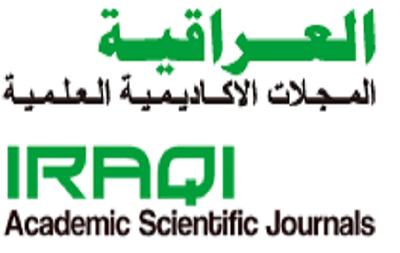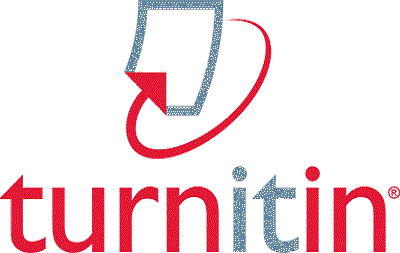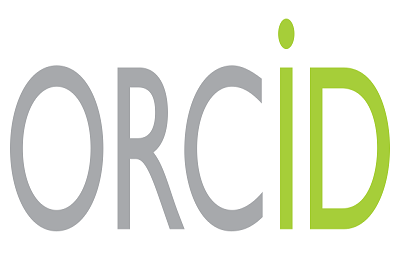القيادة التحويلية الرائدة لدى اللجنة الاولمبية الوطنية العراقية من وجهة نظر أعضاء الهيئات الإدارية في الاتحادات الرياضية
محتوى المقالة الرئيسي
الملخص
هدف البحث الى بناء مقياس القيادة التحويلية للاتحادات العراقية من وجهة نظر اعضاء الهيئة الإدارية للاتحادات الرياضية ، وانتهج الباحث المنهج الوصفي بالطريقة بالأسلوب المسحي لملاءمته طبيعة المشكلة، وتم اختيار عينة البحث من اعضاء الهيئات الادارية في الاتحادات الرياضية العراقية الاولمبية المعترف بها وعددها (26) اتحاد إذ بلغ عدد الاعضاء (211) عضوا وقام الباحث ببناء المقياس من وجهة نظر أعضاء الهيئات الادارية في الاتحادات الرياضية العراقية الاولمبية المعترف بها من خلال صياغة العبارات واستنتج الباحث أظهرت نتائج الاستبيان أن القيادة التحويلية في اللجنة الأولمبية الوطنية العراقية تساهم بشكل كبير في تحفيز الأعضاء لتحقيق أهداف رياضية تتجاوز التوقعات المعتادة وعليه تمت التوصية توسيع برامج تدريبية وورش عمل للقادة في اللجنة الأولمبية الوطنية العراقية. ينبغي أن تشمل هذه البرامج تدريبًا مكثفًا في تطبيق أساليب القيادة التحويلية وتحفيز الأعضاء على الابتكار والإبداع
تفاصيل المقالة

هذا العمل مرخص بموجب Creative Commons Attribution-NonCommercial 4.0 International License.
المراجع
Ahmed, A. (2018). Transformational Leadership in Sports Organizations (Second Edition, p. 56). Dar Al Nahda Al Arabiya.
Ahmed, M. G., Farzan, F., & Dousti, M. (2025). The Model of Sports Talent Management in the Field of Track and Field in the Schools of Iraq. Journal of Sports Education Studies and Research, 35(1), 127–146. https://doi.org/10.55998/jsrse.v35i1.838
Al-Asadi, H. H. (2015). Future directions for administrative performance faculties of Physical Education in Baghdad Province, as perceived by administrators at various levels. Modern Sport, 14(2-part 1).
Atiya, A. A.-S. H., & Moseekh, L. Z. (2023). The Role of Organizational Climate for Workers in Volleyball Sports Federations in Iraq. Kufa Journal Physical Education Sciences, 2(6).
Jasim, N. M., Rahim, H. R., & Kazem, T. (2024). Bulgarian bag exercises and their effect on some physical and motor abilities to develop handball scoring skills. ZAC Conference Series: Social Sciences and Humanities, 1(1), 157–161. https://doi.org/10.70516/zaccsssh.v1i1.34
Khlaifawi, M. M. F., Kadhim, H. J., Alsaedi, H. R. R., Alfadhli, B. R. H., & Alali, A. A. (2024). Comparative analysis of single vs. two-muscle training programs on upper body muscle growth. Retos, 62, 883–893. https://doi.org/10.47197/retos.v62.110738
Mashkoor, N., Saber, A., & Falhi, H. (2021). An analytical study of the level of information sharing between members of the administrative bodies of clubs and athletics federations. Journal of Physical Education Studies and Research.
Muhammad, A. (2020). Transformational Leadership in Sports (p. 45). Dar Al-Ulum Publishing.
Northouse, P. G. (2025). Leadership: Theory and practice. Sage publications.
Radhi, H., & Wahab, S. (2023). The Administrative Flexibility of the Iraqi National Olympic Committee from Administrative Bureau Members’ Point of View in Sport Federations. Journal of Physical Education, 35(2), 385–395. https://doi.org/10.37359/JOPE.V35(2)2023.1454
Rahim, H. R., & Ali, A. H. (2020). The administrative trend towards privatizing the sports of Baghdad clubs participating in the Iraqi Premier League. Journal of Physical Education, 31(2), 51–59. https://doi.org/10.37359/JOPE.V31(2)2019.911
Shaker, S. W., & Rahim, H. R. (2023). The creative performance of the Iraqi National Olympic Committee from the point of view of the members of the administrative bodies in the sports federations. Journal Mustansiriyah of Sports Science, 5(2). https://mjss.uomustansiriyah.edu.iq/index.php/mjss/article/view/1100
Yahya, M. A. J., & Ismail, R. A. (2025). Organizational identity of members of the Iraqi National Olympic Sports Federations Committees. Journal of Sports Education Studies and Research, 35(1), 728–741. https://doi.org/10.55998/jsrse.v35i1.992





 IASJ
IASJ CC-BY-4.0
CC-BY-4.0 turnitin
turnitin ISSN
ISSN DOAJ
DOAJ Crossref
Crossref GoogleScholar
GoogleScholar Orcid
Orcid